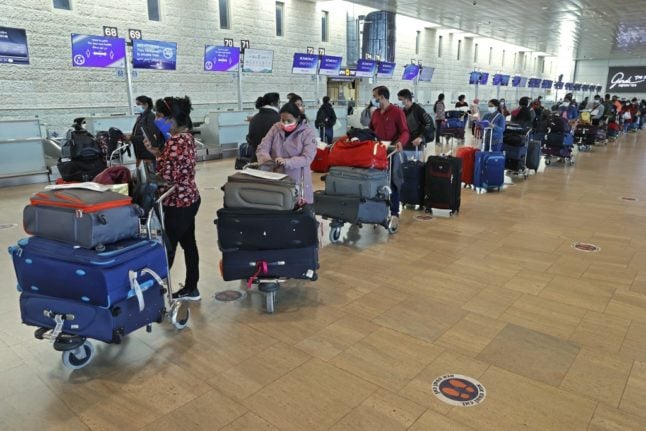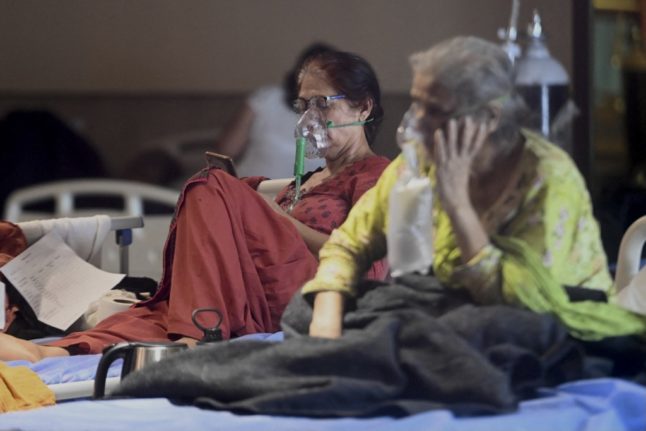HANDBALL
Two more Indian handball players found
With the discovery of two teenagers at Copenhagen Central Station early on Monday, six of the 11 players have now been found. They tell police that they ran off to avoid a beating from their coach.
Published: 14 July 2014 09:02 CEST

Two players were found at Copenhagen Central Station on Monday morning. Photo: Hunter Desportes/Flickr
Two more players from the Indian handball team that went missing over the weekend have been found.
A DSB employee spotted the two young Indian players at Copenhagen Central Station early on Monday and notified police. With the four players who were discovered on Sunday evening at a Sikh centre in Vanløse, six of the 11 players have now been found.
The entire team of an India handball squad were reported missing on Saturday after they left the site of an international handball tournament in the northern Jutland town of Dronninglund. The young men are between the ages of 13 and 20.
The team was supposed to have taken a train from Aalborg to Copenhagen on Saturday evening and then get on a plane back to India. The team’s training staff went back to India without the missing teens.
Four of the Indian players were discovered on Sunday near a Sikh centre in Vanløse. Those four are in police custody, although police have stressed that the players have not broken any laws. The two players found on Monday morning at the train station have been reunited with the other four. The whereabouts of the five remaining players remains unknown.
According to various media reports, the boys have told police that they ran off to avoid being physically beaten by their coach.
“The Indians explained that they take a beating from their coaches when they lose handball games. That’s why they ran off,” police spokesman Henrik Beck told Ritzau. “They did not want to return to India with their coaches.”
Police hope to find the remaining five players on Monday.
The Indians have valid visas for being in Denmark until Wednesday, July 16th.
Url copied to clipboard!



 Please whitelist us to continue reading.
Please whitelist us to continue reading.
Member comments